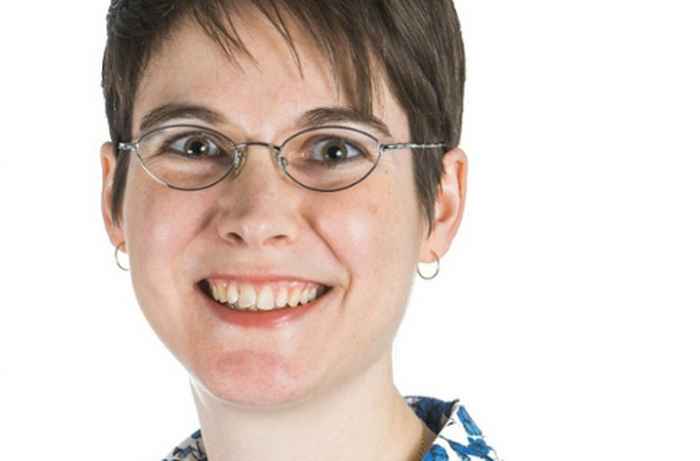Vossius Research Fellow Kim Hajek
21 February 2023

About the project
Through the 19th and early 20th centuries, therapy for mental conditions chiefly took the form of a talking cure. When, in 1880s Nancy Hippolyte Bernheim extended the therapeutic use of talk—as verbal (hypnotic) suggestion—to organic diseases and their symptoms, his ideas and practices spread around Europe to other Francophone medical contexts, and crossed boundaries between medicoscientific, literary, and popular spheres. What Jacqueline Carroy has called the ‘magic of words’ was central to the therapeutic process: telling a hypnotised patient that her burn would no longer hurt, for instance. But how did a physician know what to say as suggestion? To what extent was the therapy itself—the physician’s words, tone, gestures, or the patient’s responses—transcribed in psychotherapeutic case-histories?
My project interrogates case-histories of suggestive psychotherapy to open up larger questions of how the therapeutic encounter was textualised in medical case-writing. It fills a gap in existing scholarship on medical case-histories by examining the psychotherapeutic case as a distinct textual form. As in my 2020 article on ‘writing in cases’, this project continues my innovative approach of flattening the epistemic hierarchy between medico-scientific knowledges and knowledges emerging from humanistic domains such as literature. I apply the critical reading techniques of literary analysis to scientific texts, just as to fictional or popular sources. Reciprocally, I attend to literary and popular genres for the ways in which their content and formal structures can stabilise scientific knowledge, as well as reproducing or critiquing it.
About the researcher
Kim Hajek recently finished a Postdoctoral researcher at Leiden University on the NWO-funded project 'Analysing the moral language and generic conventions of scholarly codes of conduct in the 20th century'.
Kim Hajek is an intellectual historian of science with an interdisciplinary background spanning French literature, the history of science and medicine, and experimental physics.